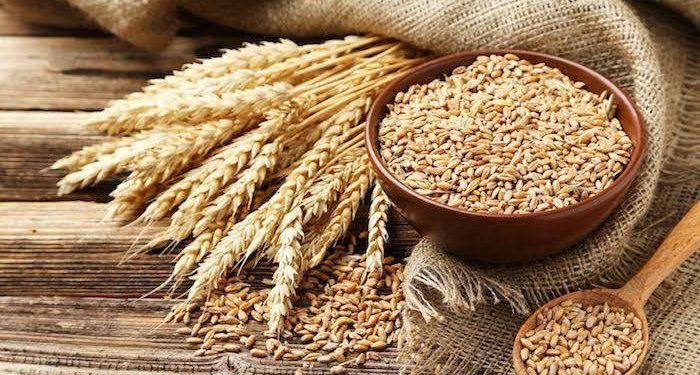The Federal Government has launched the 2025/2026 dry-season wheat farming programme under the National Agricultural Growth Scheme and Agro-Pocket, targeting eighty thousand registered farmers nationwide with an expected output value of about one hundred and sixty billion naira. The initiative was formally introduced in Borno State at the Jere Bowl in Dusuman, where officials highlighted the government’s renewed drive to expand food production and strengthen agricultural resilience.
According to the Ministry of Agriculture and Food Security, sixteen wheat-producing states will participate in the scheme during the new season. The programme earmarks forty thousand hectares for wheat cultivation, including three thousand hectares assigned to Borno State. The ministry explained that the scheme will later extend to other high-value crops as part of broader efforts to transform the agricultural sector and reduce reliance on imported food.
At the flag-off event, the Borno State Government described the initiative as a turning point for its farming communities, noting that targeted investments in irrigation systems, mechanisation, improved seedlings, fertiliser access and extension services are already positioning farmers for higher yields and stronger productivity. Officials emphasized that the dry-season wheat programme aligns with the state’s long-term plan to revitalise agriculture and enhance livelihoods across rural communities.
The state government expressed appreciation to the Federal Government for placing food security at the centre of its national agenda. It added that the provision of inputs such as high-yield seedlings, blended fertilizers, tractors and pesticides would significantly boost output and strengthen Nigeria’s push towards self-sufficiency.
The Ministry recalled that in September, the Federal Government launched a multibillion-dollar agricultural investment plan in partnership with an international food and agriculture initiative, targeting major value chains such as tomato, cassava, maize, dairy and fisheries. The initiative is designed to tackle poverty, expand food production and reinforce national food sovereignty in line with global and continental development goals.
The ministry noted that the dry-season wheat program demonstrates the government’s commitment to scaling food production through strategic partnerships, modern farming practices and sustained investment across Nigeria’s agricultural landscape.










